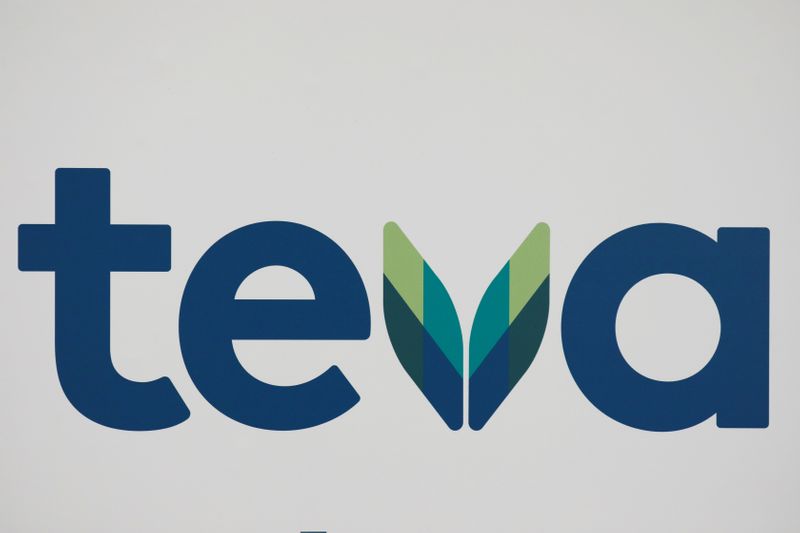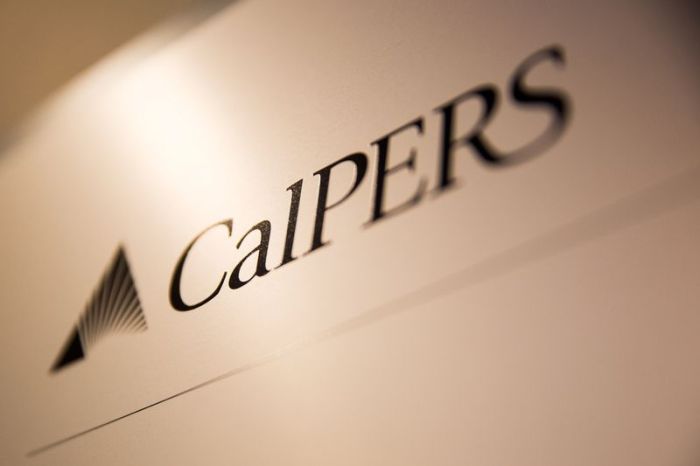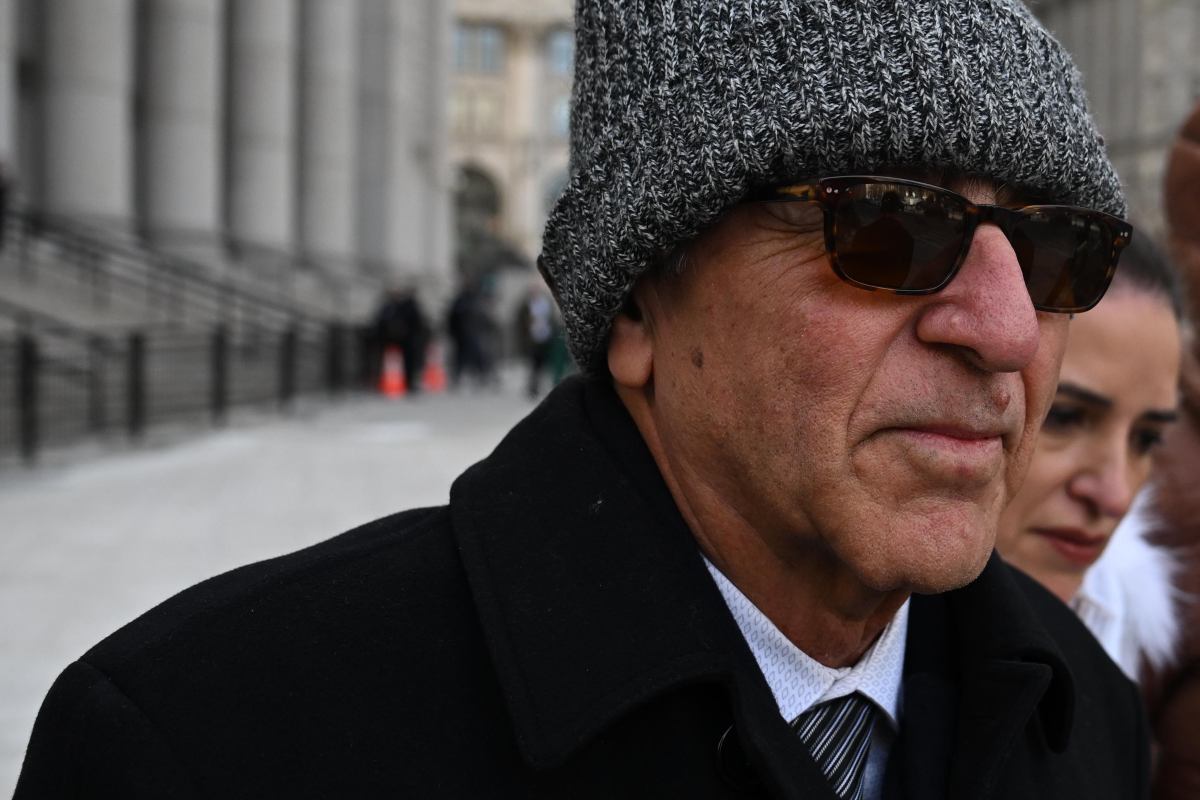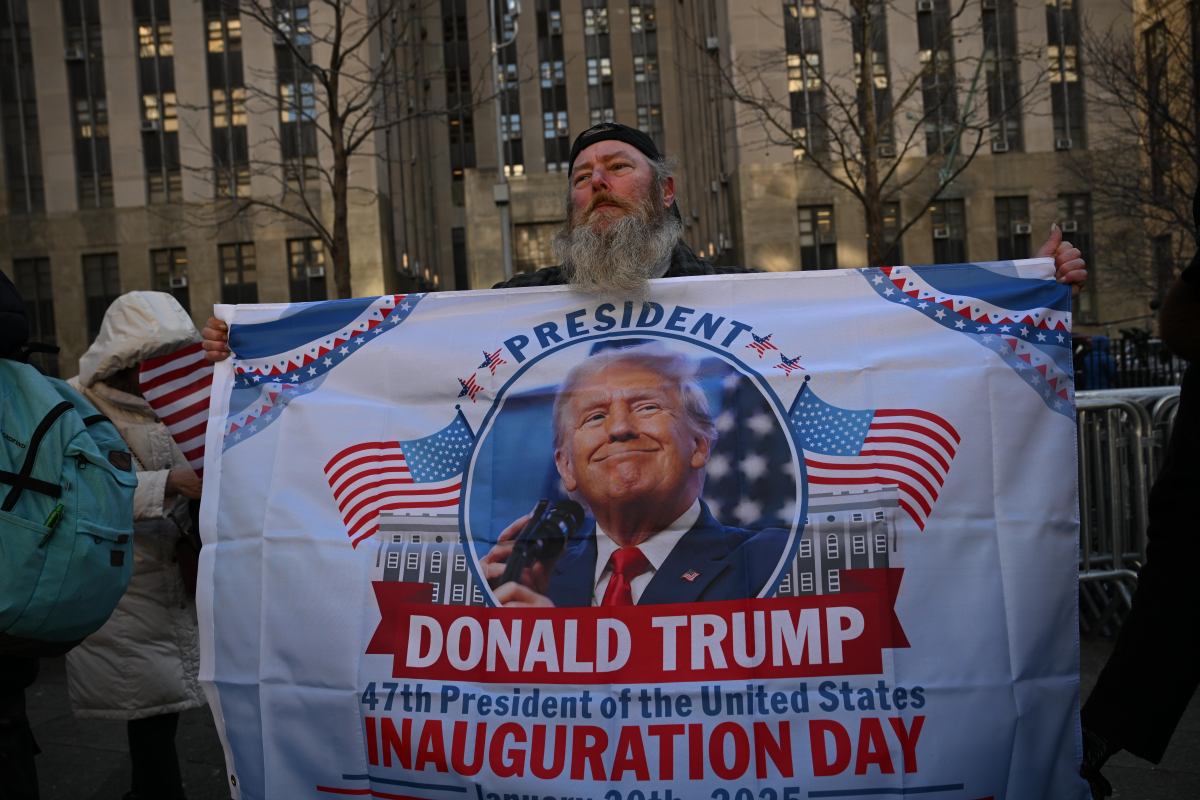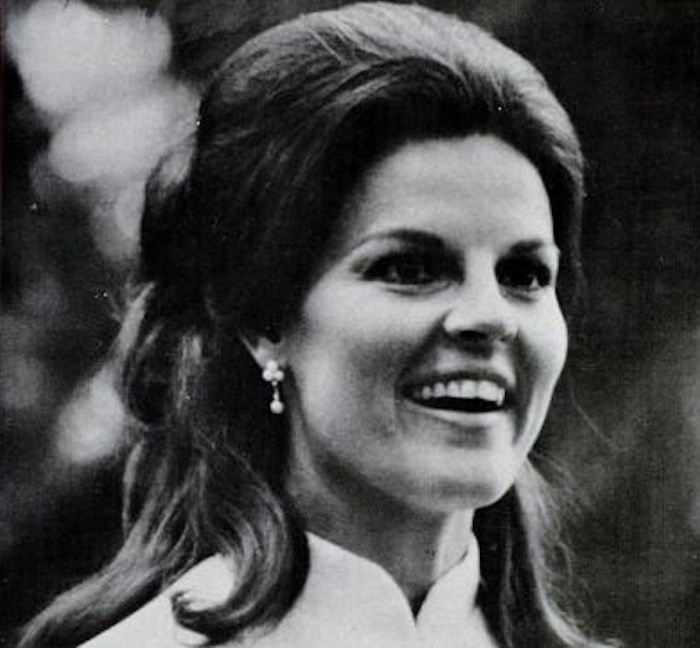(Reuters) – The U.S. government sued Teva Pharmaceutical Industries Ltd <TEVA.TA> on Tuesday, accusing the drugmaker of causing the submission of false claims to Medicare by using kickbacks to boost sales of its multiple sclerosis drug Copaxone.
In a complaint filed in Boston federal court, the Department of Justice said Teva illegally paid two seemingly independent charitable foundations more than $300 million from 2006 to 2015 to cover co-payments of Copaxone patients, shielding them from a quadrupling of Copaxone’s price to $73,326 a year.
The Justice Department said this led to hundreds of millions of dollars of false claims and a corresponding amount of revenue for the Israeli drugmaker, and circumvented Congress’ intent that co-payments help keep drug prices down.
“Unbound by any market check on pricing due to its payment of illegal kickbacks, Teva left American taxpayers to shoulder the high prices that Teva set for Copaxone, while Teva reaped for itself the resulting profits,” the complaint said.
The government is seeking triple damages for violations of the federal False Claims Act.
Teva said it will vigorously defend itself, saying the lawsuit “only seeks to further restrict patients’ access to important medicines and healthcare.”
Copaxone is one of Teva’s largest drugs, generating $435 million of revenue in North America alone from January to June.
The case is the latest in a federal probe of drugmakers’ financial support to patient assistance charities, which has resulted in more than $920 million of settlements.
Drugmakers cannot subsidize co-payments for patients enrolled in Medicare, which covers Americans 65 and older, but can donate to independent nonprofits that offer co-payment assistance.
According to the complaint, Teva referred Copaxone patients to the Florida-based specialty pharmacy Advanced Care Scripts Inc, which then arranged co-payment coverage from the foundations, the Chronic Disease Fund and The Assistance Fund.
Advanced Care Scripts and the foundations previously agreed to pay a combined $9.5 million to resolve related charges.
The case is U.S. v. Teva Pharmaceuticals USA Inc et al, U.S. District Court, District of Massachusetts, No. 20-11548.
(Reporting by Jonathan Stempel in New York and Nate Raymond in Boston; Editing by Steve Orlofsky and Dan Grebler)

